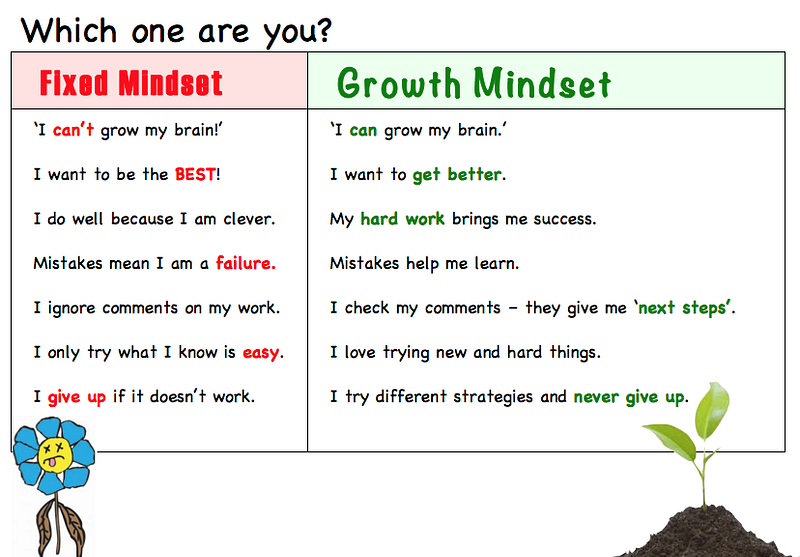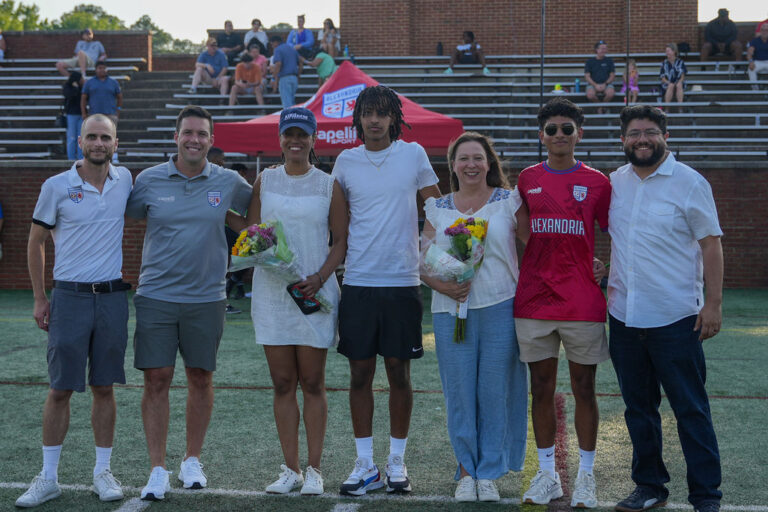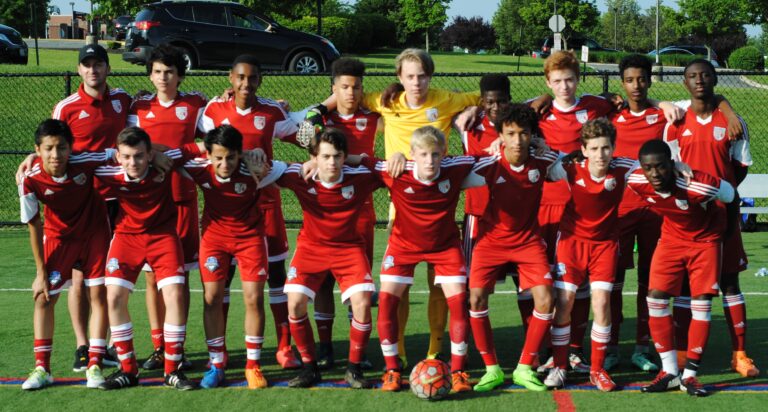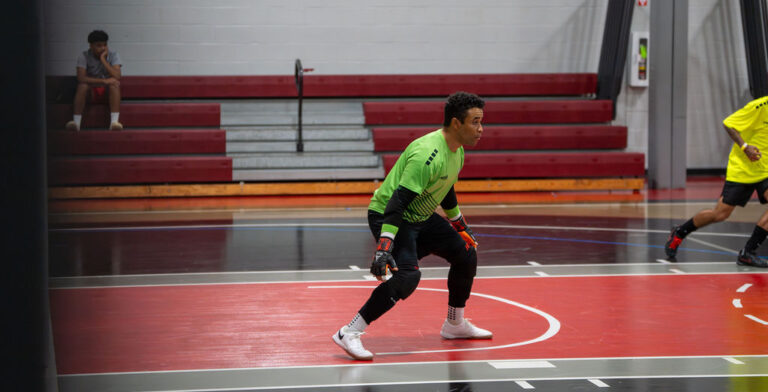“Wow, I love how hard you worked during practice to help win that activity!”
“That was a great try but you’re not quite there yet.”
“The way you worked through that tough challenge was excellent.”
Our office team at Alexandria Soccer have recently been working on what outcomes we seek for the children in our community and something that keeps coming up in conversations is the idea of a growth mindset. The statements above help frame and foster a growth mindset by tying effort or process (not talent) to success.
For Skimmers
- With a fixed mindset environment children often want to only participate in activities they are told they are good at. These are the most comfortable environments for kids and typically these activities are what they ask their parents to repeat.
- Parents, coaches and teachers who use growth mindset terminology when complimenting their child’s achievements and successes, especially at a young age, will help them develop behaviors such as resilience, determination and effort.
- Takeaway? Support your children with growth mindset language and sign them up for activities where they may face moments of failure and discomfort. They will learn from adversity, give effort even when things are tough and ultimately be greater contributors to our Alexandria community in the long run!
Let’s back up. What is a growth mindset?
Carol Dweck, a professor at Stanford known for her work on mindset psychology, defines a growth mindset as the belief that talents, abilities and intelligence can be developed. It’s the idea that one can continue to improve her skills, learn new things and get better at an activity.
On the other side of the spectrum is a fixed mindset wherein one believes that some people are smart and some aren’t and that’s just the way it is. Under this thought process, children start to believe that people are either born with a talent or they’re not.
We recently listened to a ten minute segment of the Ted Radio Hour where Dweck delves into several studies she conducted with children to see how they reacted to a variety of problems.
She found that the words adults use to describe kids’ progress and success affected the children’s belief in their own potential (i.e. helping to shape a growth versus fixed mindset).
Praising the process a kid takes, the strategy she employs to solve a puzzle or the overall effort it takes to achieve something helps her tie the success to the effort she put in to achieve the goal.
An example we can relate to the soccer field — “That was a great goal” versus “I love how hard you worked to score that great goal.” Do you see the difference? Instead of teaching the player that she’s inherently great at scoring goals, the latter statement teaches her that her effort and hard work helped her score. In the future, when up against better teams or players, she won’t hang her head and just assume she can’t score, she’ll understand that her effort makes a difference.
Game scientists from the University of Washington created a math game where the process of figuring out the correct answer was rewarded more than the correct answer by itself. The study found that players of the game gave more effort, completed more problems and persevered through more problems they deemed difficult than in games where just the score was rewarded.

How can we use this knowledge to help improve players’ experience in our leagues?
By encouraging effort, teamwork, and process we can help players learn that they have the capacity to improve. Kids with all different levels of soccer skill, experience and athletic ability play in our Leagues and it would be easy for a young player to come to the conclusion that some kids are just born better at soccer and she herself will never be that good. Whether or not that’s actually the case, fostering a growth mindset will not only help her on the field but in other areas of life. A school system in Chicago implemented the grade “Not Yet” in place of giving out “Fs” for failing to show kids that they were on a learning curve and just because they hadn’t succeeded in the class yet didn’t mean they couldn’t.
Ultimately Dweck argues that we need to stop conditioning kids to simply display their talents as stand alone successes.
“The road to success is learning how to think through problems and learning how to bounce back from failure. This is what creates contributions to society.”
If we think back to the questions at the beginning and start to consider how we can tie effort to success we just might create a culture of kids who really believe that anything is possible.
[To learn more you can see Dweck give a talk at an educators conference on the subject of growth mindset HERE.]




